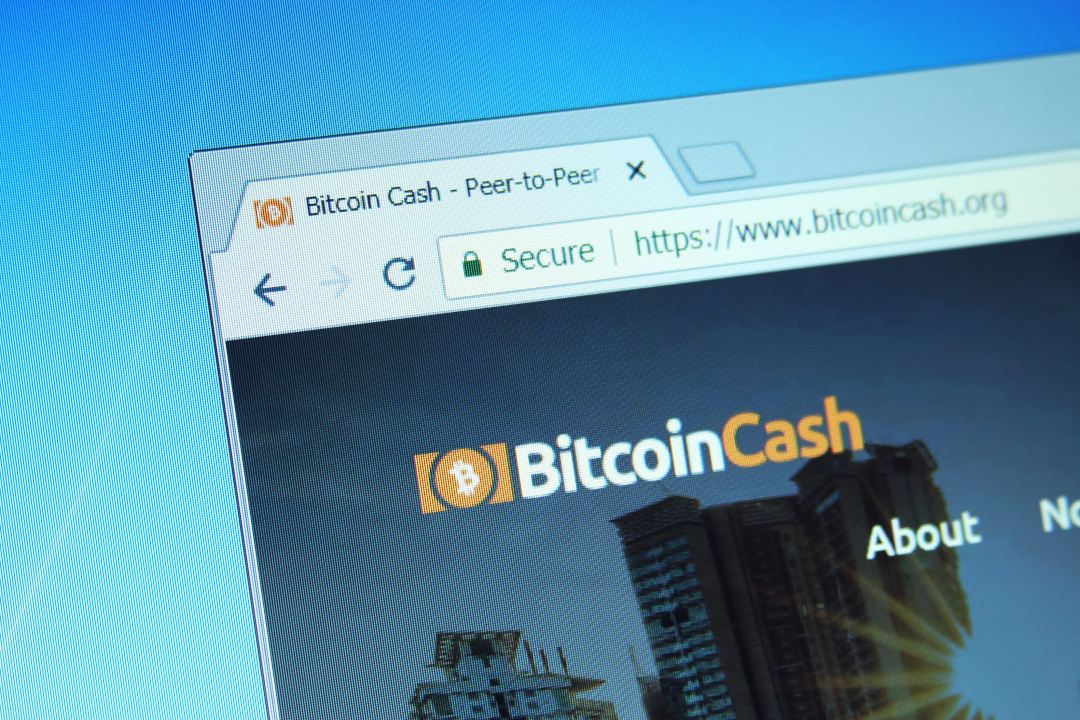In recent days, the Bitcoin Cash (BCH) blockchain has been in the sights because a Twitter user has pointed out that 50% of the hashrate belongs to an unknown miner who has mined 21 blocks in 1 hour.
1/ After looking deeper into this issue, there is *enormous cause for concern* as the entity in question on the Bitcoin Cash blockchain essentially has full control over the chain at this point in time. (thread) https://t.co/chTqhAE6ox
— James Edwards (@librehash) October 26, 2019
The address of the miner would be this and it seems that the transactions that carry the Coinbase tag are those that give the reward for the mined blocks.
One of the possible explanations for this type of phenomenon is the algorithm used by Bitcoin Cash, considering that the blockchain has a much lower hashrate than that of Bitcoin. This allows the miners to use a strategy where they can turn off their machines and then, once they find a block, turn them on again immediately after, affecting the difficulty of the algorithm that, as is known, is adjusted according to the power of the network.
In the eyes of the less experienced, this may seem like a real attack, as blocks are usually mined every 10 minutes.
In any case, this seems to be one of the issues that will be discussed at a future meeting with the developers of Bitcoin Cash, so then there will be an update in November.
Roger Ver, contacted by Cryptonomist, commented on what happened:
“Just more “fake news” to attack Bitcoin Cash. Some miners were gaming the BCH difficulty algorithm to earn more money. The hash rate is bouncing between BTC and BCH but it is much more noticeable on BCH because it has less hash rate overall and different difficulty adjustment algorithm”.
Recently Bitcoin Cash has been listed on Binance’s DEX, making it in fact open for exchange in a decentralised way. Stefan Rust himself, the recently appointed CEO of Bitcoin.com, was very positive about the future of the BCH blockchain, as noted in a recent interview.



